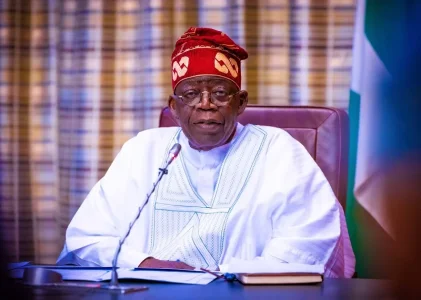
Niger, Mali, and Burkina Faso have officially left ECOWAS, forming the Alliance of Sahel States. Citing inadequate support against jihadist violence, they seek new partnerships with Russia, Turkey, and Iran. This shift challenges regional dynamics and Western influence, raising concerns about future cooperation and security in West Africa.
In a bold move signaling a significant shift in West African geopolitics, the leaders of Niger, Mali, and Burkina Faso have declared their definitive departure from the Economic Community of West African States (ECOWAS). This announcement, made during the inaugural summit of the Alliance of Sahel States (AES) in Niamey, marks a turning point in regional dynamics.
Abdourahamane Tiani, Niger's military leader, articulated the stance of the three nations, criticizing ECOWAS for its perceived inadequacies in addressing the pressing issue of jihadist violence in the Sahel region. The AES, formed in the wake of these countries' withdrawal from ECOWAS, represents a new coalition aimed at tackling shared security challenges.
The rift between these nations and ECOWAS deepened following a series of military coups, with Niger's July 2023 takeover being the most recent. ECOWAS responded with sanctions, including border closures and power export halts, which were lifted in February 2024, shortly before the trio's formal exit from the bloc.
Tiani's statements reflect a growing sentiment of disillusionment with Western-aligned regional structures. The AES leaders have accused ECOWAS of being unduly influenced by France, their former colonial ruler, and expressed a desire to forge partnerships with countries like Russia, Turkey, and Iran.
The upcoming ECOWAS summit in Abuja is expected to address these developments, with the bloc's relationship with the AES likely to be a key topic of discussion. As West Africa navigates this new landscape, the international community watches closely, recognizing the potential for far-reaching impacts on regional stability and global geopolitical dynamics.




